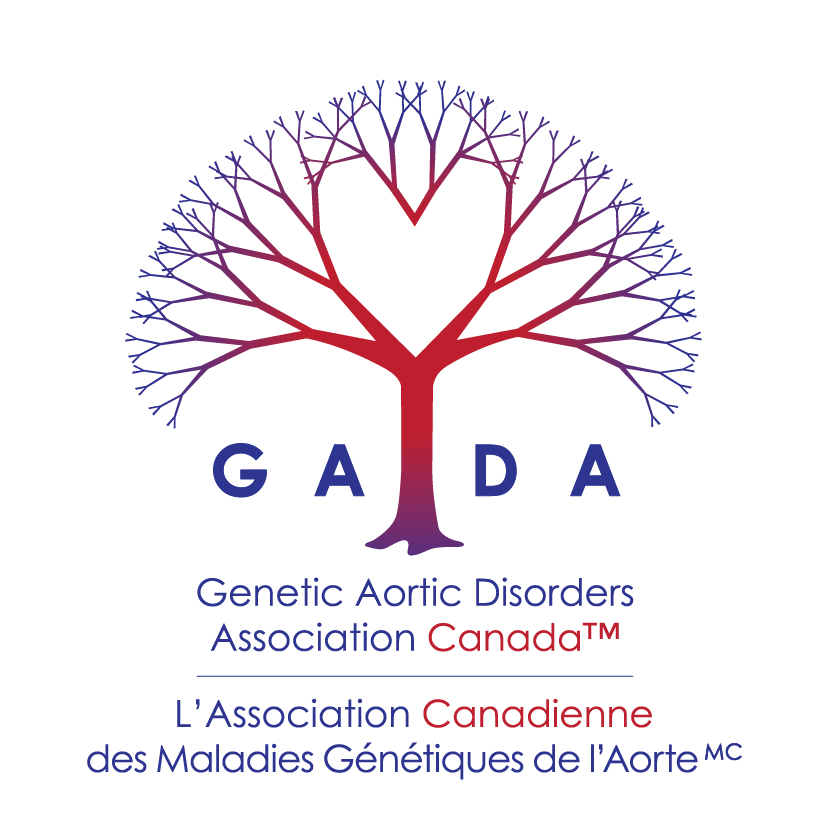Aortic Disease Presentation and Outcome Associated With ACTA2 Mutations
Abstract
BACKGROUND:
ACTA2 mutations are the major cause of familial thoracic aortic aneurysms and dissections. We sought to characterize these aortic diseases in a large case series of individuals with ACTA2 mutations.
METHODS AND RESULTS:
Aortic disease, management, and outcome associated with the first aortic event (aortic dissection or aneurysm repair) were abstracted from the medical records of 277 individuals with 41 various ACTA2 mutations. Aortic events occurred in 48% of these individuals, with the vast majority presenting with thoracic aortic dissections (88%) associated with 25% mortality. Type A dissections were more common than type B dissections (54% versus 21%), but the median age of onset of type B dissections was significantly younger than type A dissections (27 years versus 36 years). Only 12% of aortic events were repair of ascending aortic aneurysms, which variably involved the aortic root, ascending aorta, and aortic arch. Overall, cumulative risk of an aortic event at age 85 years was 0.76 (95% confidence interval, 0.64-0.86). After adjustment for intrafamilial correlation, sex and race, mutations disrupting p.R179 and p.R258 were associated with significantly increased risk for aortic events, whereas p.R185Q and p.R118Q mutations showed significantly lower risk of aortic events compared with other mutations.
CONCLUSIONS:
ACTA2 mutations are associated with high risk of presentation with an acute aortic dissection. The lifetime risk for an aortic event is only 76%, suggesting that additional environmental or genetic factors play a role in expression of aortic disease in individuals with ACTA2 mutations.
© 2015 American Heart Association, Inc.
KEYWORDS:
ACTA2; aortic diseases; aortic dissection; familial aortic dissection; genetics
